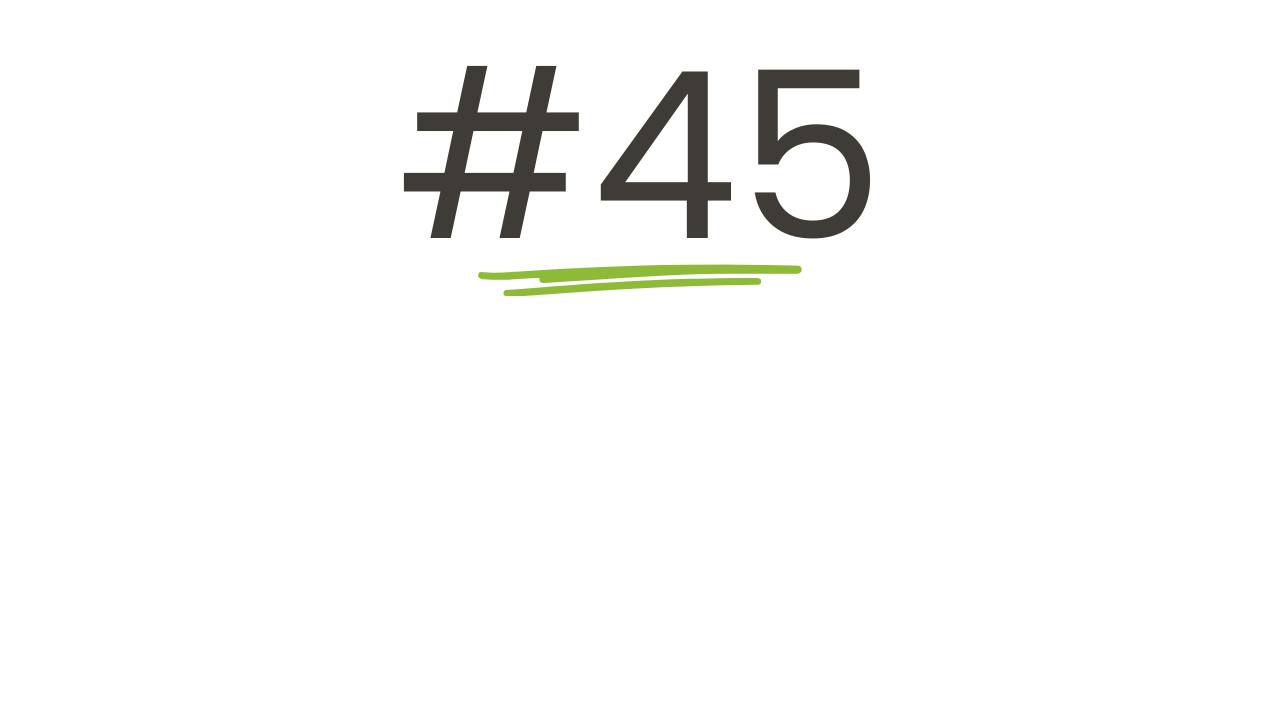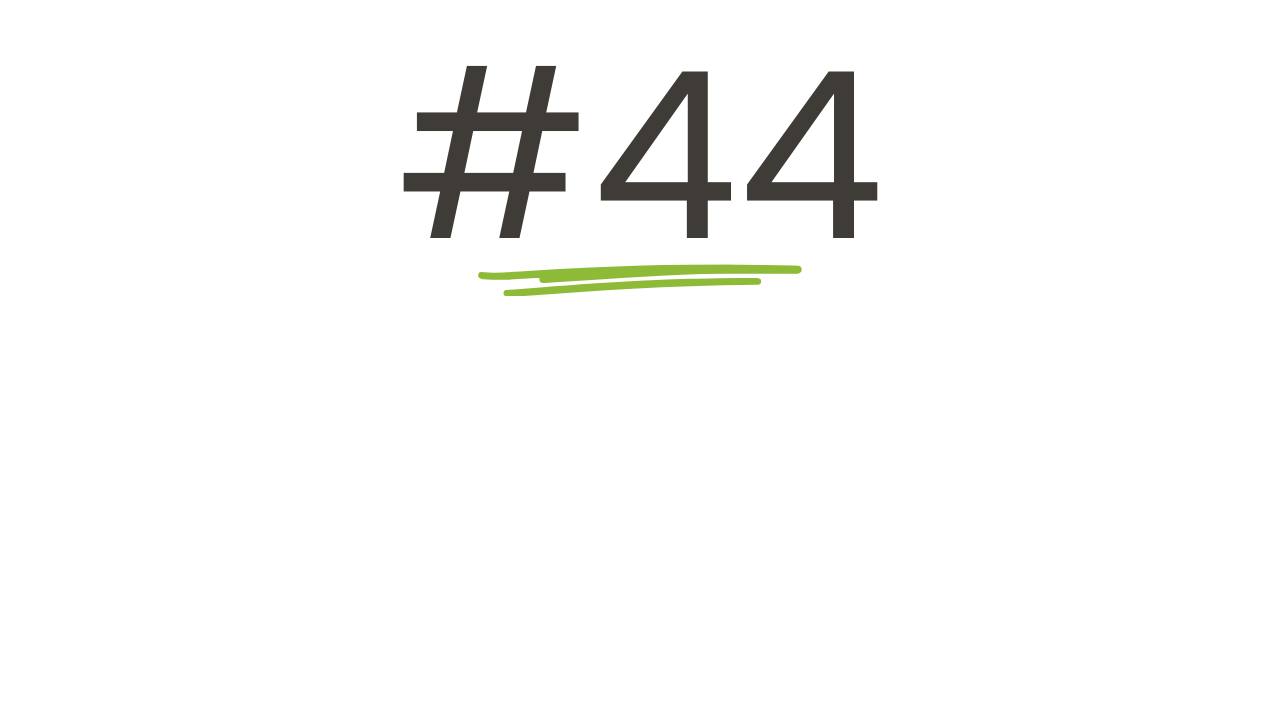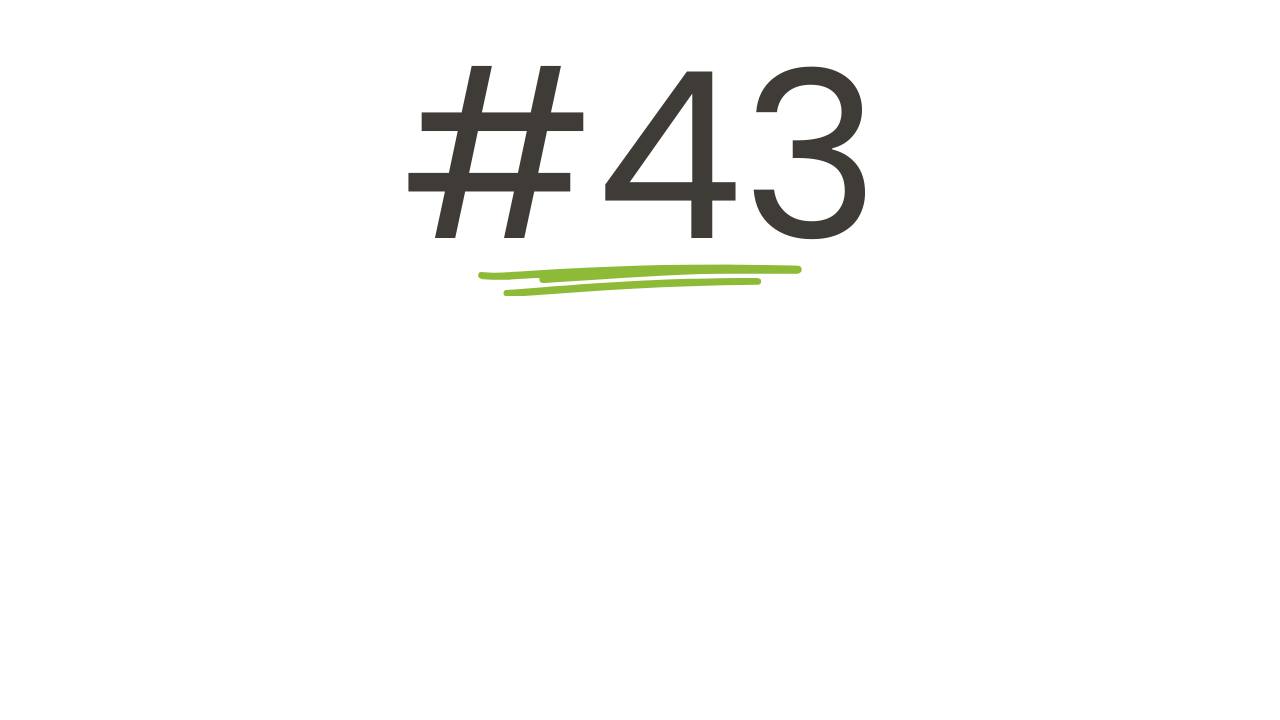Why Earning More Might Not Solve Your Money Woes

Ever thought, "If I just made a little more money, all my financial problems would disappear?" It's a super common thought, but what if the real secret isn't more money, but better habits with the money you already have?
This week, we're talking about a truth that can be a game-changer for your financial life: If you're struggling to manage the money you've got now, a bigger paycheck might just mean bigger problems. We'll explore why your money habits are the real MVPs of your financial journey and tackle the sneaky trap of "Keeping Up with the Joneses" that can derail even the best intentions.
The Real Deal on Income vs. Habits
Have you had that feeling..... that if your paycheck was just a bit fatter, life would be so much easier. And hey, more income is definitely a good thing and can be a great goal! But here's a tough-love truth we've learned from our own journeys from debt to debt-free: if your spending habits are out of whack, more money often just amplifies the problem. It's like adding fuel to a fire you're trying to put out.
Think about it. If you're overspending by $200 a month now, what happens when you get a $500 raise? For many, that extra $500 gets swallowed up surprisingly fast. Maybe it's a slightly nicer apartment, a few more dinners out, or those shoes you've been eyeing. Suddenly, you're still feeling squeezed, just at a higher income level. This is the heart of why simply earning more isn't the magic bullet. The underlying behaviors – how you think about money, how you decide to spend it, and whether you're planning for the future – are what truly drive financial success.
The "Keeping Up with the Joneses" Hamster Wheel
This brings us to one of the biggest financial traps: lifestyle inflation, or as it's more commonly known, "Keeping Up with the Joneses." We live in a world where it's incredibly easy to see what everyone else has. Social media, advertisements, even conversations with friends can create this pressure to have the latest, the biggest, or the best. Your old college buddy just bought a brand-new SUV? Suddenly, your perfectly reliable sedan feels a bit shabby. Your neighbor is redoing their kitchen? Now your own countertops seem ancient.
The danger here is that you start making financial decisions based on external pressures or a desire to project a certain image, rather than on your own needs and financial goals. Each time your income increases, your spending rises to meet it, or even exceed it. You're working harder, earning more, but not actually getting any further ahead financially. You're stuck on a treadmill, running faster and faster just to stay in the same place. This can lead to a cycle of debt, stress, and feeling like you're never quite "making it," no matter how much your income grows.
The alternative? Conscious spending and prioritizing your financial well-being. This means taking a step back and asking yourself, "Does this purchase align with my long-term goals? Am I buying this because I truly need or value it, or because I feel I should have it?" It’s about choosing to build a strong financial foundation – an emergency fund, paying down debt, saving for the future – over the temporary thrill of a new possession. It’s choosing financial peace of mind over fleeting external validation.
"Forget chasing bigger paychecks as a magic fix. Real financial freedom comes from mastering the money you have now. Building solid habits today is your direct path to less financial stress – and that's the core message we want you to take away."
When Millions Aren't Enough: Cautionary Tales
If you think this only applies to us regular folks, think again. History is littered with examples of celebrities and sports stars who earned astronomical sums of money, only to end up broke. Their stories are a stark reminder that income alone doesn't guarantee financial security.
- Antoine Walker: This former NBA star earned over $100 million during his career. However, a combination of lavish spending on himself and a large entourage, coupled with financial naivety and bad investments, led him to file for bankruptcy just a few years after retiring.
- MC Hammer: In the early 90s, MC Hammer was on top of the world, with a reported net worth of over $30 million (which would be significantly more today). His extravagant lifestyle, including a massive mansion, a huge staff, and luxury cars, quickly drained his fortune, leading to bankruptcy.
- Mike Tyson: One of the most famous boxers of all time, Mike Tyson earned an estimated $300-$400 million throughout his career. Yet, he declared bankruptcy in 2003, reportedly with over $20 million in debt, due to excessive spending, divorces, and mismanagement.
These stories aren't to shame anyone, but to highlight a important point: if you don't have the skills and discipline to manage money, even large amounts of it can disappear. The principles of budgeting, saving, and mindful spending apply whether you're earning $30,000 a year or $30 million.
The good news is that you can learn these skills. You can change your behavior with money. It starts with the decision to take control, to be honest about your current habits, and to prioritize your long-term financial well-being over short-term wants or societal pressures.
Your Habit Changing Action Plan for This Week
- Commit to Tracking: For the next seven days, meticulously track all your expenses. No judgment, just awareness.
- Identify One "Joneses" Trigger: Think about one area where you feel pressured to spend to keep up with others. Acknowledge it and commit to not giving in to that pressure
- Set a Tiny Savings Goal: If you're not saving anything, start by automatically transferring just $5 or $10 per paycheck to a separate savings account. The amount is less important than building the habit.
- Practice the 24-Hour Rule: For any non-essential purchase, wait 24 hours before buying. See if you still want it as much.
- Identify a Spending Trigger: What makes you want to spend money? Boredom, stress, guilt, FOMO (fear of missing out). When you feel the urge to spend take a step back and analyze the reason.
"It's not your salary that makes you rich, it's your spending habits." - Charles A. Jaffe
Look, we get it. Talking about money habits isn't as exciting as dreaming about a lottery win or a massive promotion. But here's the real secret from those of us who've been in debt and come out the other side: mastering how you handle the money you have right now is the most powerful move you can make. It’s the foundation upon which all future financial success is built. Forget the Joneses, focus on your own journey, and start making those small, conscious changes today. You’ve got this, and we’re here to help every step of the way!





Responses